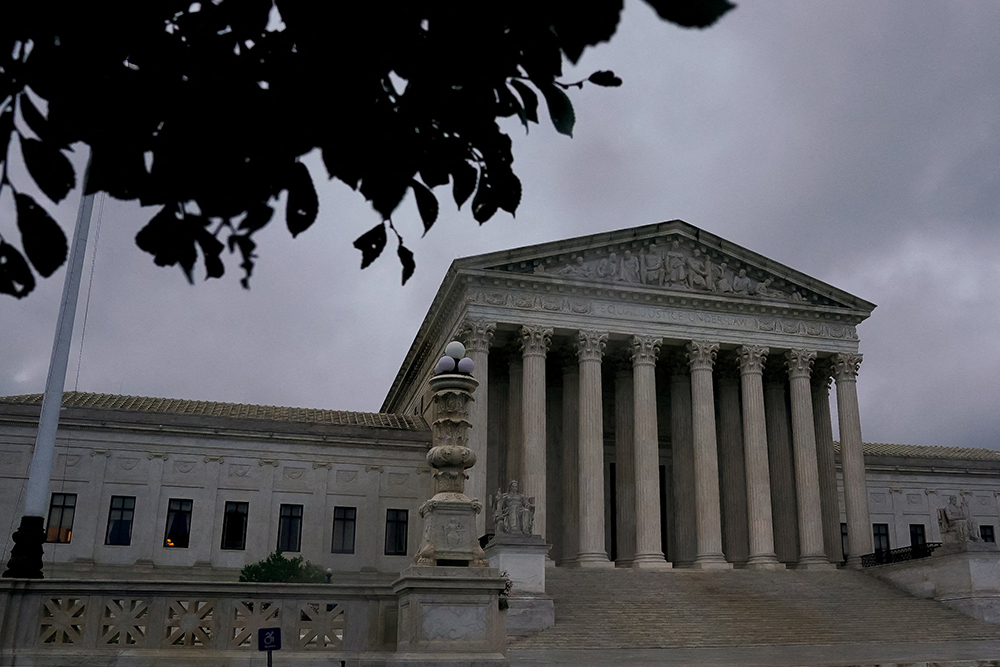
WASHINGTON — Keith Gavin, a 64-year-old man convicted of fatally shooting a delivery driver during a 1998 robbery attempt, was executed by lethal injection on July 18 in Alabama.
He was the third inmate to be put to death in Alabama this year and the 10th to be executed in the country. The execution took place soon after the Supreme Court rejected Gavin’s handwritten request for a stay.
While Gavin and state prison officials awaited the court’s announcement, Catholic Mobilizing Network, a group that opposes the death penalty, asked readers on X to “join us here as we hold vigil to pray for every person impacted by this act of state-sanctioned violence.”
They also said they were praying “for the repose of the soul of William Clayton, Jr., whose life was taken in an act of violence” and for the “lawyers, advocates, friends, family, and people around the world who have worked diligently” to oppose Gavin’s execution.
When the state was given the go-ahead to move on with the execution, Catholic Mobilizing Network posted: “We ask God that you send forth your Spirit upon him in his final moments. May Keith know your love and grace.” After his death, the group added, “The death penalty continues cycles of harm and violence that hurt all of us. This is not justice.”
Gavin was found guilty of fatally shooting Clayton, a father of seven who had stopped at an ATM to get money for a date night with his wife.
A jury convicted him of capital murder and voted 10-2 to recommend a death sentence, which the judge agreed to. Today, most states require unanimous agreement among jury members to impose a death sentence.
In 2020, a federal judge ruled Gavin had ineffective counsel at his sentencing hearing because his original lawyers failed to present mitigating evidence of Gavin’s violent and abusive childhood.
A federal appeals court overturned the decision, allowing the death sentence to stand.
The Associated Press reported that Gavin, who is Muslim, said in his final statement: “I love my family.” He also appeared to move his lips in prayer as his spiritual adviser stood beside him.
Clayton’s youngest son, Matthew, who witnessed the execution, told USA Today that his family had “long forgiven” Gavin. He described his father as a “gentle giant” who worked hard to help provide for him and his six siblings.
“I don’t think anyone anticipated that his life would end this way,” he said. “Certainly not his family … It was quite shocking.”
Gavin has always maintained his innocence and has appealed the court’s decision, claiming his cousin, who was with him, killed Clayton.
He also filed a lawsuit seeking to stop the state’s plans to do an autopsy on him after the execution, which he said would violate his religious beliefs. State officials accepted the request and announced they would forgo the traditional post-execution autopsy.
Gavin’s execution took place two days after the Supreme Court stopped the scheduled execution of a Texas death row inmate, ruling that a lower court needed to consider the inmate’s arguments for DNA testing first.
